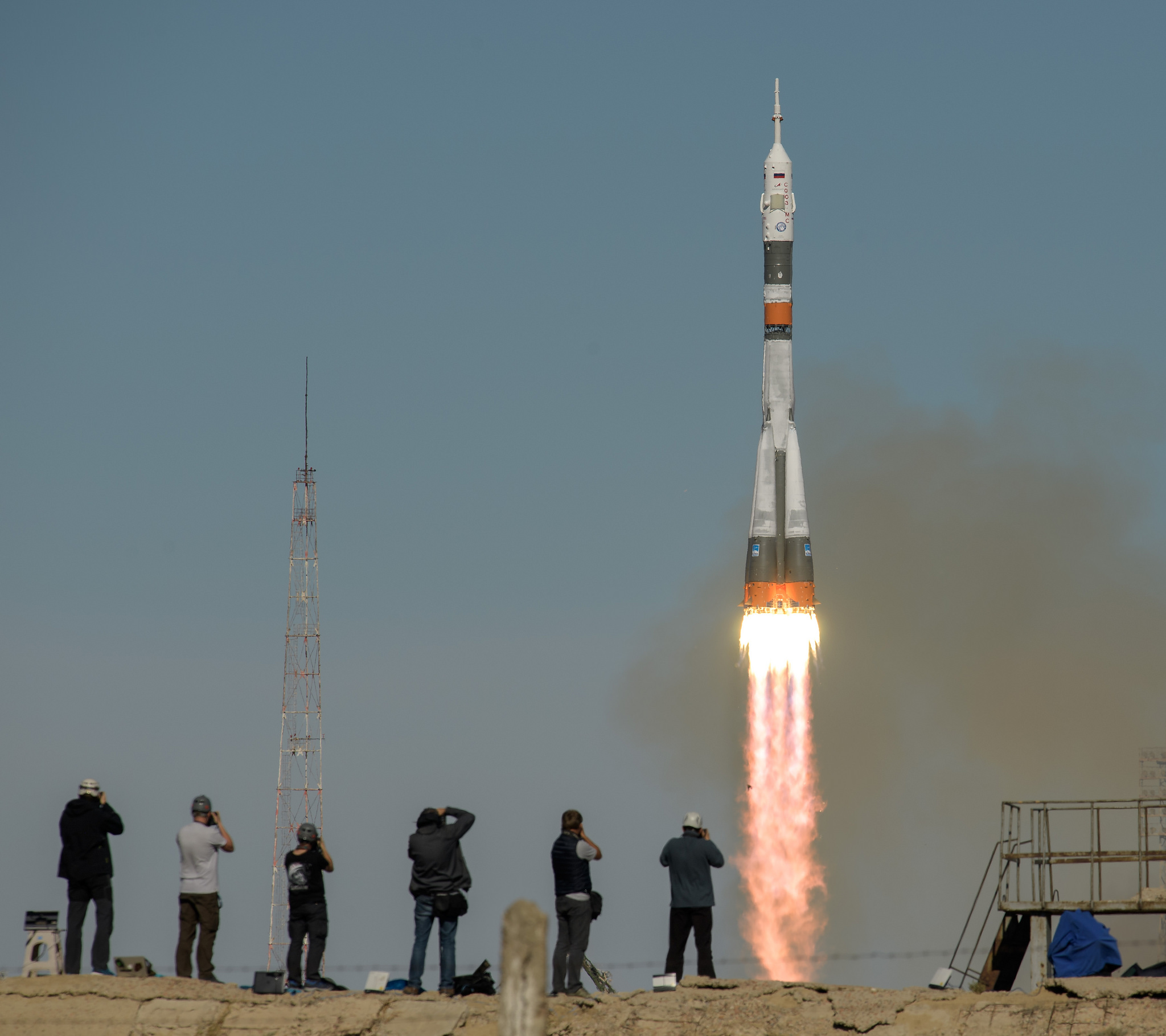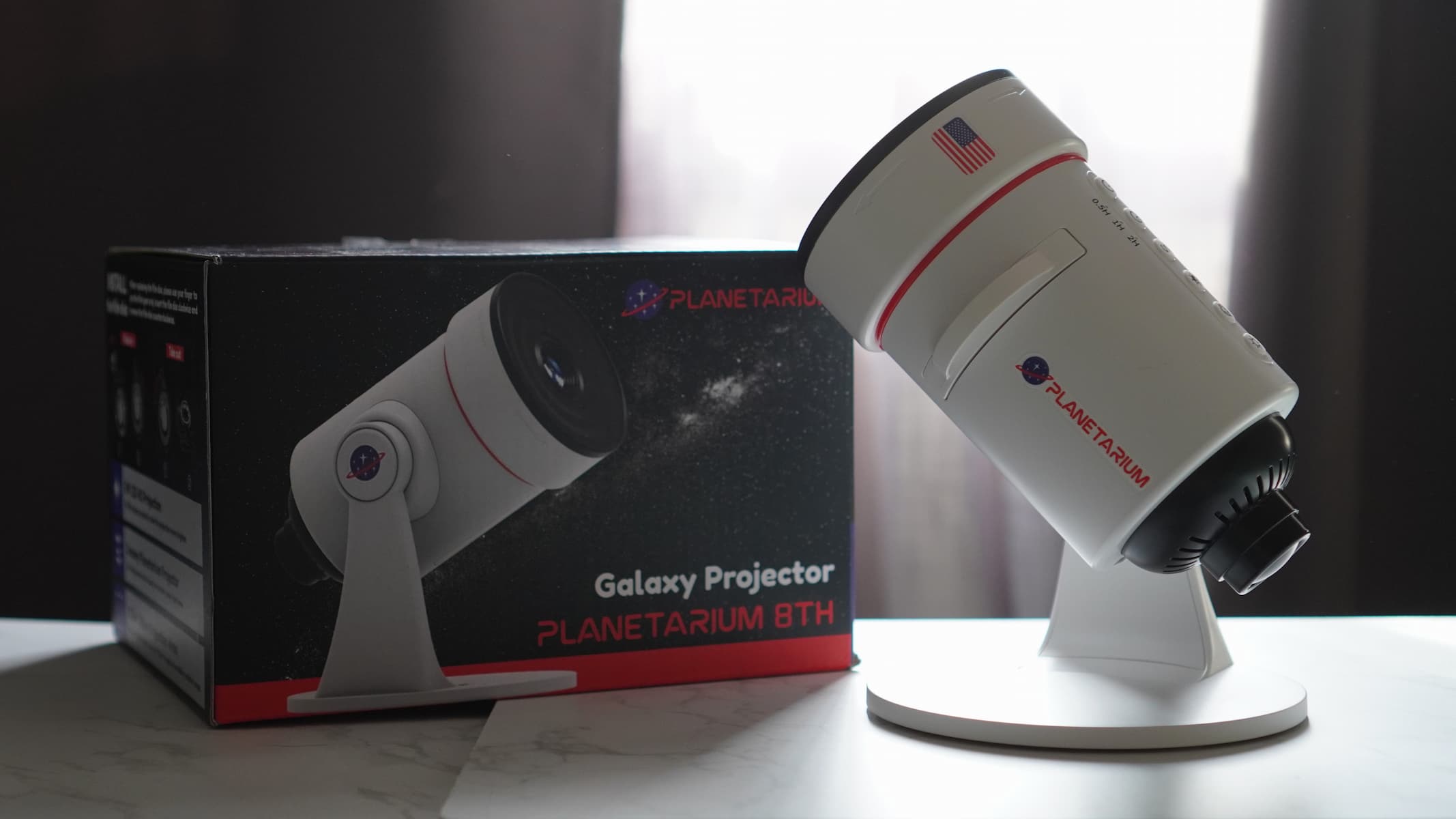After Soyuz Abort, Russia Wants 3 Successful Robotic Flights Before Next Crew Launch

The Russian space agency, Roscosmos, initial report from its investigation into the failed Oct. 11 Soyuz crew launch should be complete by the end of this week, the agency announced in a statement released yesterday (Oct. 17).
The agency's head of human spaceflight, cosmonaut Sergei Krikalev, also said in a news conference yesterday that Roscosmos will not launch another crewed flight until three uncrewed launches are successful and the investigation's findings have been addressed. The Oct. 11 launch was aborted a couple minutes after liftoff because of an issue with booster separation, sending the two astronauts on board plummeting back to Earth.
"The Soyuz rocket will be launched only after the inquiry has identified the causes of the emergency and measures have been taken to prevent such situations in the future," Krikalev said, according to Russian news agency TASS. Roscosmos head Dmitry Rogozin initiated the investigation immediately after the launch failure, and the investigating committee has been examining telemetry data and rocket fragments gathered after the incident. [In Photos: Space Crew's Harrowing Abort Landing After Soyuz Failure]
Roscosmos already had five Soyuz launches scheduled to take place before the next crewed launch: a cargo delivery to the International Space Station on Oct. 30 from Baikonur Cosmodrome, Kazakhstan; a weather satellite launch on Nov. 6 from Kourou, French Guiana; an Egyptian Earth-observing satellite launch on Nov. 22 from Baikonur; a navigation satellite launch sometime in November from Plesetsk Cosmodrome in Russia; and a launch for a pair of European satellites on Dec. 14 from Kourou.
"The confirmations will be more than enough to put the next crew in space," Krikalev said of those launches, according to TASS. There are several different varieties of the Soyuz rocket. Only the Soyuz-FG model is certified to carry humans; that is the model that failed on Oct. 11. It would be used during the planned Dec. 19 launch that would next carry astronauts to the space station. Several of the upcoming uncrewed launches are assigned to Soyuz 2-1b models.
Throughout the launch-failure incident, NASA personnel, including astronaut Nick Hague, who was aboard the failed launch, and agency Administrator Jim Bridenstine, have expressed confidence that Roscosmos can investigate and address the cause of the launch abort and that U.S. astronauts will be back aboard Soyuz vehicles soon.
Officials have also emphasized that the escape system worked flawlessly, despite not having been used since 1983, carrying Hague and his Russian counterpart, Alexey Ovchinin, to safety.
Breaking space news, the latest updates on rocket launches, skywatching events and more!
Email Meghan Bartels at mbartels@space.com or follow her @meghanbartels. Follow us @Spacedotcom and Facebook. Original article on Space.com.
Join our Space Forums to keep talking space on the latest missions, night sky and more! And if you have a news tip, correction or comment, let us know at: community@space.com.

Meghan is a senior writer at Space.com and has more than five years' experience as a science journalist based in New York City. She joined Space.com in July 2018, with previous writing published in outlets including Newsweek and Audubon. Meghan earned an MA in science journalism from New York University and a BA in classics from Georgetown University, and in her free time she enjoys reading and visiting museums. Follow her on Twitter at @meghanbartels.
